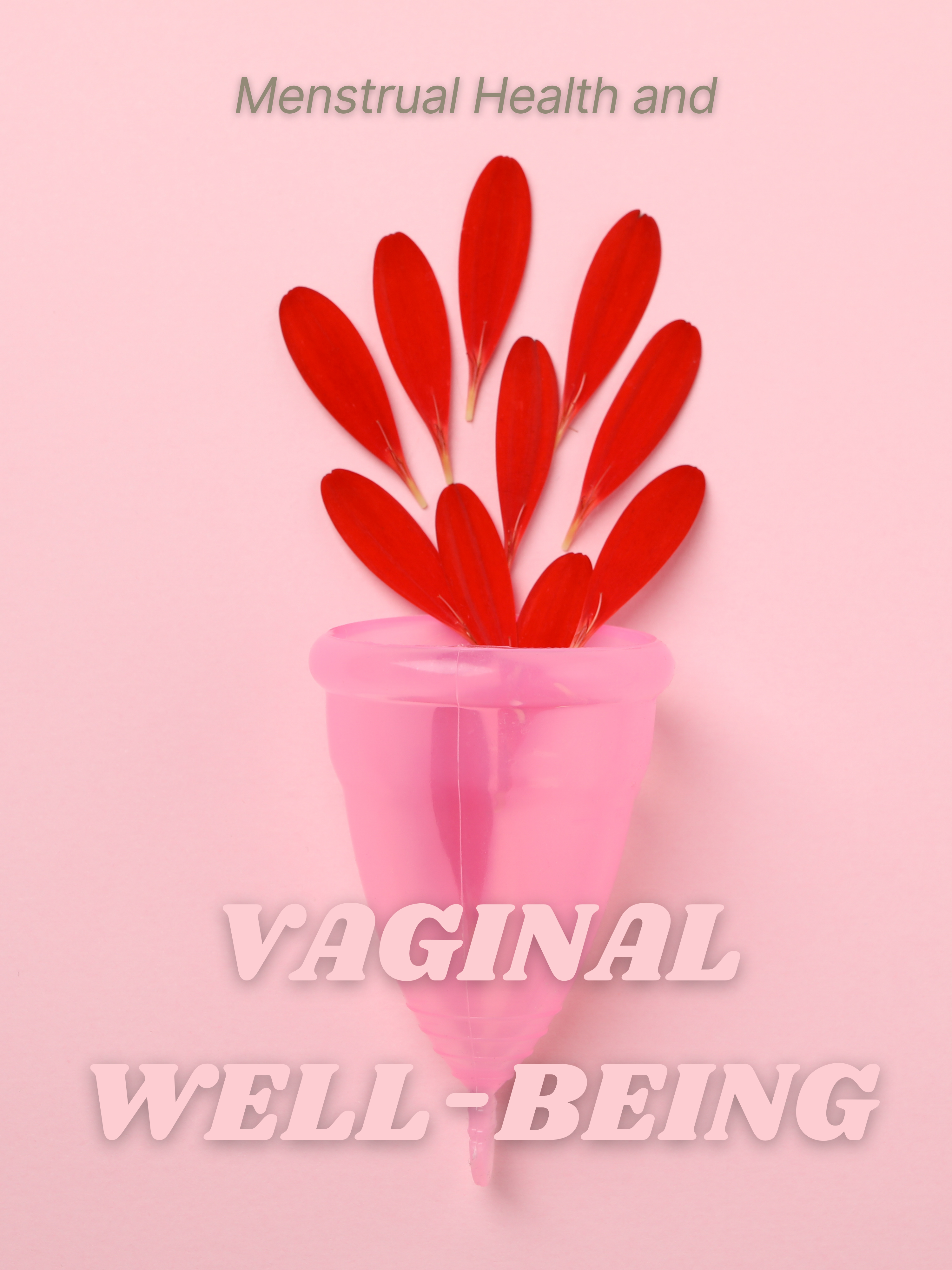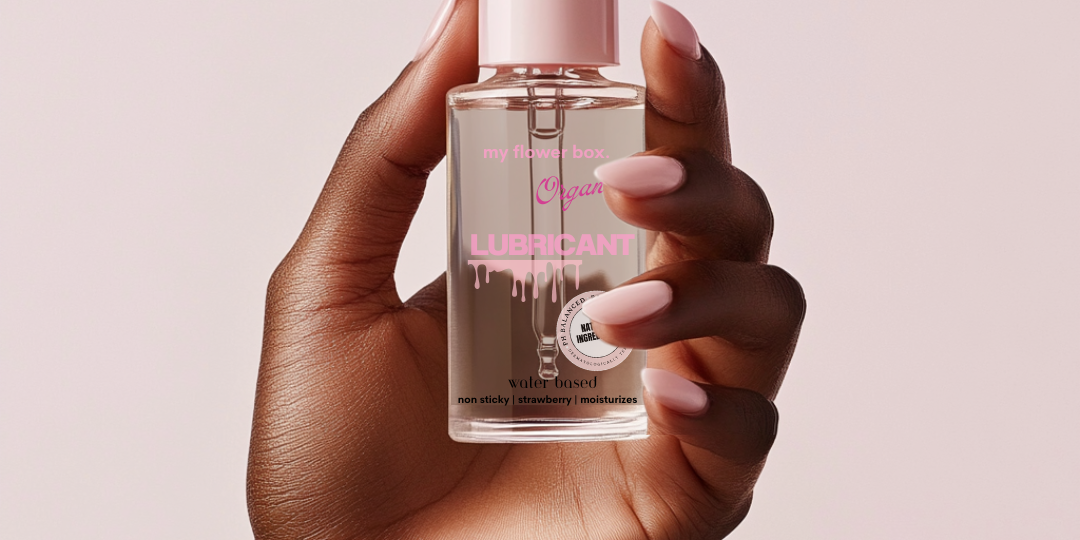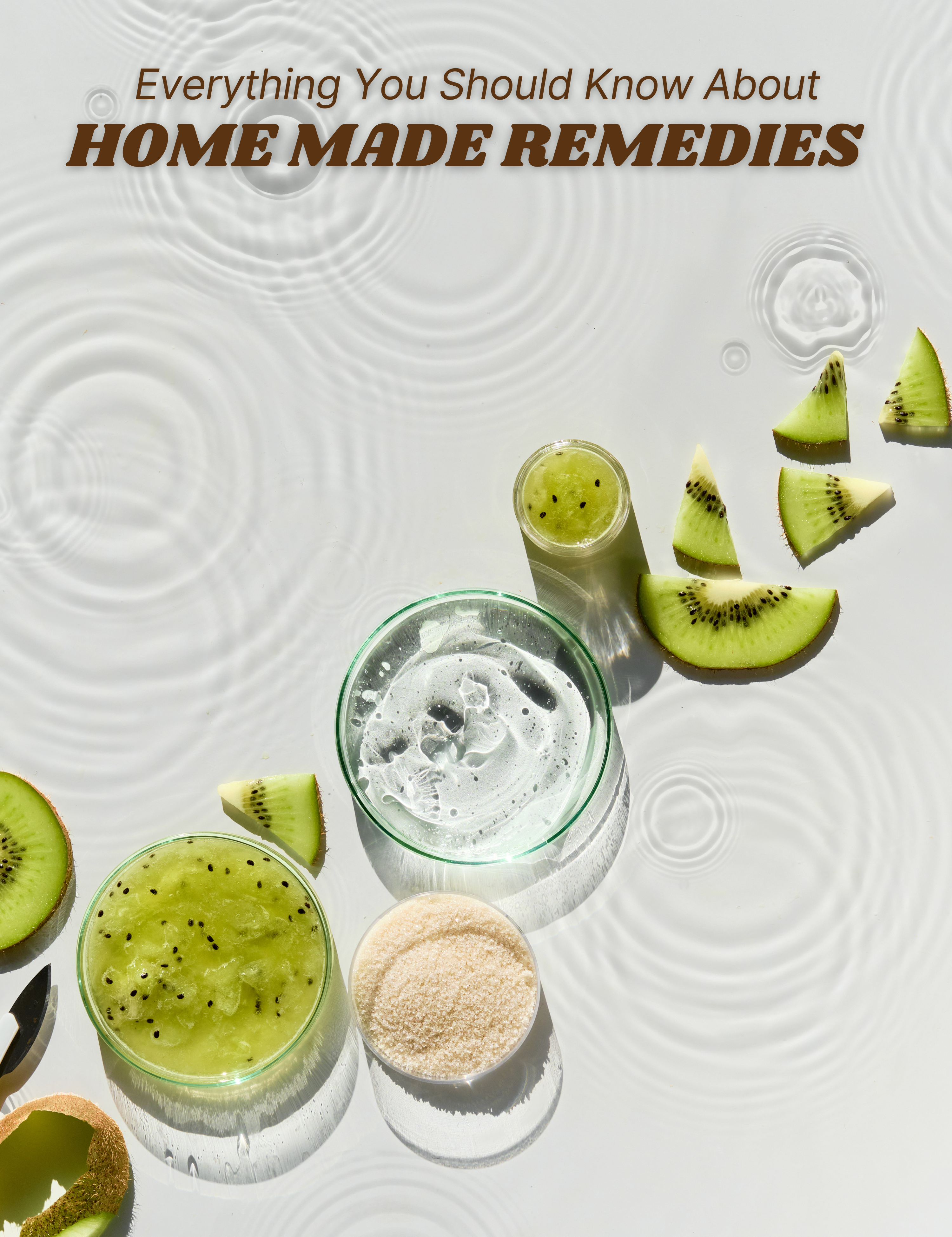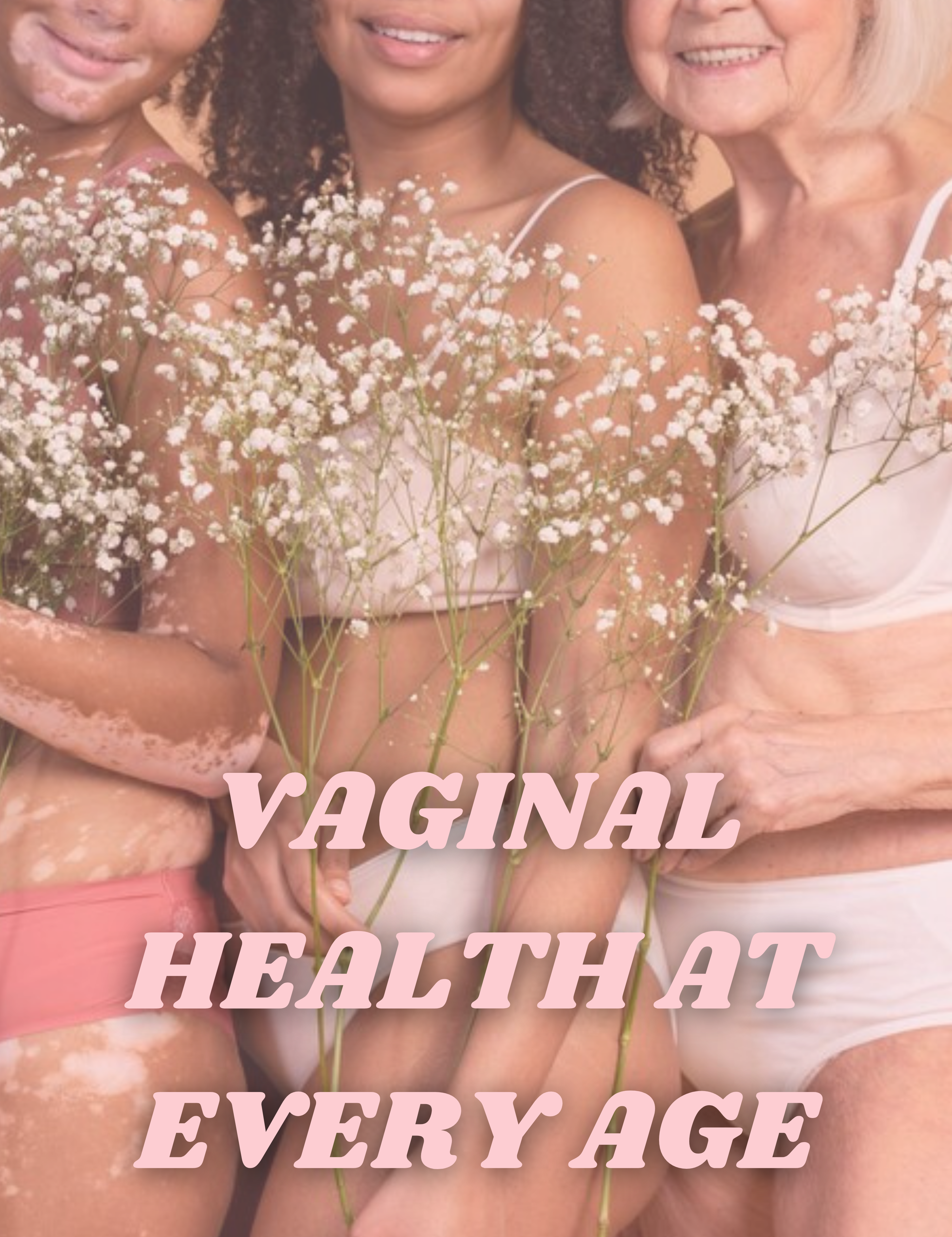Navigating the Waves: Menstrual Health and Vaginal Wellbeing

Menstrual health and vaginal well-being are crucial aspects of a woman's overall health and should be approached with care and understanding. This article aims to provide a comprehensive guide to navigating the complexities of menstrual health and maintaining a healthy vaginal environment.
Navigating the waves of menstrual health and vaginal well-being is not just about addressing physical concerns but also promoting overall well-being for women. Understanding the intricacies of the menstrual cycle and the factors influencing vaginal health is key to fostering a proactive approach to women's health.
Understanding Menstrual Health
Menstrual health is a fundamental aspect of women's well-being, encompassing the intricate processes of the menstrual cycle and various associated disorders. This section delves into the normal phases of the menstrual cycle and explores common menstrual disorders and their impacts.
Normal Menstrual Cycle and Its Phases
The menstrual cycle is a dynamic, approximately 28-day process orchestrated by hormonal changes in a woman's body. Understanding the regular phases of menstruation is pivotal for recognizing deviations from the norm:
- Menstruation (Days 1-5): The shedding of the uterine lining marks the start of the cycle.
- Follicular Phase (Days 6-14): Hormones stimulate the growth of ovarian follicles.
- Ovulation (Day 14): An egg is released from the ovary, typically around mid-cycle.
- Luteal Phase (Days 15-28): If fertilization doesn't occur, hormonal changes prepare the body for the next menstrual cycle.
Common Menstrual Disorders and Their Impact
Understanding the normal menstrual cycle facilitates the identification of various disorders that can disrupt this natural rhythm:
- Menstrual irregularities can include missed periods or unpredictable cycles.
- Dysmenorrhea, characterized by severe menstrual pain, can significantly impact daily life.
- Premenstrual syndrome (PMS) and premenstrual dysphoric disorder (PMDD) bring emotional and physical challenges.
Factors Influencing Menstrual Health
Menstrual health is intricately linked to various factors that can influence the regularity and well-being of the menstrual cycle. This section explores the role of hormonal imbalances, lifestyle choices, stress, and the importance of regular exercise in maintaining optimal menstrual health.
Hormonal Imbalances

Hormones play a pivotal role in regulating the menstrual cycle, and imbalances can lead to disruptions in this delicate system. Understanding the impact of hormones, such as estrogen and progesterone, is crucial for addressing menstrual irregularities:
- Estrogen Dominance: An excess of estrogen relative to progesterone can lead to irregularities and contribute to conditions like endometriosis.
- Thyroid Hormones: Imbalances in thyroid hormones can affect the menstrual cycle, leading to irregular periods or amenorrhea.
Lifestyle and Dietary Choices
The choices we make in our daily lives, particularly in terms of diet and overall lifestyle, can significantly impact menstrual health:
- Nutritional Deficiencies: Inadequate intake of essential nutrients, such as iron and vitamin B, can affect the menstrual cycle.
- Hydration: Proper hydration supports overall health, including hormonal balance and regular menstrual function.
Stress and Its Impact on Menstrual Health
Stress, whether chronic or acute, has profound effects on hormonal regulation and can disrupt the menstrual cycle:
- Hypothalamic-Pituitary-Adrenal (HPA) Axis: Chronic stress activates the HPA axis, leading to increased cortisol production, which can impact reproductive hormones.
- Menstrual Suppression: High-stress levels may lead to amenorrhea or irregular cycles, highlighting the mind-body connection in menstrual health.
Vaginal Wellbeing: A Holistic Approach
Vaginal wellbeing is a crucial aspect of women's health, encompassing both the anatomy and physiology of the vagina, as well as addressing common issues and maintaining a healthy vaginal microbiome. This section explores the holistic approach to understanding and caring for vaginal health.
Anatomy and Physiology of the Vagina

Understanding the intricacies of the vagina's anatomy and physiology is essential for recognizing normal variations and potential health issues:
- Vaginal pH: The vagina maintains an acidic pH (around 3.8-4.5) to prevent the overgrowth of harmful bacteria.
- Mucous Membranes: The vaginal walls contain mucous membranes that produce secretions, contributing to lubrication and protection.
Common Vaginal Health Issues
Exploring prevalent vaginal health concerns allows for proactive management and care:
- Vaginal Infections: Infections such as yeast infections (Candida) or bacterial vaginosis can cause discomfort and require appropriate treatment.
- Dryness and Irritation: Insufficient lubrication may lead to dryness and irritation, often associated with hormonal changes, medications, or stress.
- Odor Concerns: Understanding the factors influencing vaginal scent, including diet and hygiene practices, helps address concerns without unnecessary alarm.
Maintaining a Healthy Vaginal Microbiome
Balancing the vaginal microbiome is crucial for preventing infections and maintaining overall vaginal health:
- Beneficial Bacteria: Lactobacillus bacteria play a key role in maintaining a healthy pH and preventing the overgrowth of harmful microorganisms.
- Avoiding Harsh Products: The use of harsh soaps and chemicals can disrupt the natural balance of the vaginal microbiome.
By embracing a holistic approach to vaginal well-being, individuals can foster a proactive and informed attitude towards their reproductive health. Recognizing the normal functioning of the vagina, addressing common issues promptly, and supporting a balanced vaginal microbiome contribute to overall gynecological health.
Navigating Menstrual Hygiene

Effective menstrual hygiene is not only crucial for personal comfort but also plays a significant role in preventing infections and promoting environmental sustainability. This section explores the importance of proper menstrual hygiene practices, and sustainable menstrual products, and addresses the societal stigma surrounding menstruation.
Importance of Proper Menstrual Hygiene Practices
Understanding and adopting proper menstrual hygiene practices is essential for maintaining overall health and preventing potential complications:
- Regular Changing of Menstrual Products: Changing sanitary products regularly helps prevent bacterial overgrowth and reduces the risk of infections.
- Proper Disposal of Menstrual Waste: Hygienically disposing of used products contributes to personal and environmental well-being.
Sustainable Menstrual Products
Exploring eco-friendly alternatives not only benefits the environment but also promotes long-term menstrual health:
- Reusable Menstrual Cups: Menstrual cups are a sustainable option, reducing waste and providing a cost-effective, long-term solution.
- Cloth Pads: Washable cloth pads offer a reusable and environmentally friendly alternative to disposable pads.
- Biodegradable Options: Some disposable products are made from biodegradable materials, offering a more environmentally conscious choice.
Addressing the Stigma Around Menstruation
Promoting open conversations about menstruation helps break societal taboos and contributes to a more supportive and understanding community.
Self-Care Practices for Menstrual Health and Vaginal Well-being
Taking proactive steps towards self-care is crucial for promoting menstrual health and maintaining optimal vaginal well-being. This section explores dietary tips for hormonal balance, stress management techniques, the importance of regular check-ups, and the role of exercise in supporting overall reproductive health.
Dietary Tips for Hormonal Balance
Incorporating a balanced and nutritious diet can positively influence hormonal balance and menstrual health:
- Omega-3 Fatty Acids: Foods rich in omega-3 fatty acids, such as fatty fish and flaxseeds, support hormonal regulation.
- Antioxidant-Rich Foods: Berries, leafy greens, and nuts provide antioxidants that contribute to overall reproductive health.
- Limiting Caffeine and Alcohol: Excessive caffeine and alcohol consumption can disrupt hormonal balance, emphasizing the importance of moderation.
Stress Management Techniques
Stress reduction is paramount for maintaining a healthy menstrual cycle and overall well-being:
- Mindfulness and Meditation: Practicing mindfulness and meditation techniques can alleviate stress and positively impact hormonal regulation.
- Yoga and Deep Breathing Exercises: Engaging in yoga or deep breathing exercises helps relax the body, reducing cortisol levels and supporting reproductive health.
Importance of Regular Check-ups and Screenings
Routine gynecological check-ups are essential for early detection and prevention of potential issues:
- Pap Smears and Screenings: Regular screenings, such as Pap smears, contribute to the early detection of abnormalities and ensure timely intervention.
- Consultation with Healthcare Professionals: Open communication with healthcare providers allows for personalized guidance on reproductive health and menstrual well-being.
Incorporating Exercise into a Routine
Regular physical activity is beneficial for both physical and mental well-being, positively influencing menstrual health:
- Cardiovascular Exercise: Activities like walking, jogging, or cycling promote blood flow and contribute to overall reproductive health.
- Strength Training: Incorporating strength training exercises supports muscle health and helps manage weight, influencing hormonal balance.
By embracing these self-care practices, individuals can actively contribute to their menstrual health and vaginal well-being. Prioritizing a balanced diet, managing stress, attending regular check-ups, and incorporating exercise into daily routines collectively create a foundation for optimal reproductive health and overall well-being.
Conclusion
In conclusion, navigating the waves of menstrual health and vaginal wellbeing requires a multifaceted approach. By understanding the complexities of the menstrual cycle, addressing factors influencing menstrual health, and adopting self-care practices, women can empower themselves to lead healthier lives. Continuous education, open conversations, and breaking societal taboos are key elements in fostering a supportive environment for women's health.
People May Ask
- Why is understanding menstrual health important?
Understanding menstrual health is crucial as it not only addresses physical concerns but also promotes overall well-being for women, fostering a proactive approach to women's health.
- What are the normal phases of the menstrual cycle?
The normal phases of the menstrual cycle include menstruation (Days 1-5), the follicular phase (Days 6-14), ovulation (Day 14), and the luteal phase (Days 15-28).
- How do hormonal imbalances affect menstrual health?
Hormonal imbalances, such as estrogen dominance or thyroid hormone irregularities, can lead to menstrual irregularities and impact overall reproductive health.
- What are some lifestyle and dietary factors influencing menstrual health?
Lifestyle and dietary factors, including nutritional deficiencies and hydration, play a significant role in maintaining hormonal balance and supporting regular menstrual function.
- Why is addressing the stigma around menstruation important?
Addressing the stigma around menstruation is essential for promoting open conversations, breaking societal taboos, and fostering a more supportive and understanding community for women's health.
Embrace Wellness with My Flower Box: Navigating the Waves of Menstrual Health and Vaginal Well-being!
Navigating the Waves of Menstrual Health and Vaginal Well-being empowers you to prioritize your reproductive health. Join us in embracing wellness by incorporating self-care practices, understanding menstrual hygiene, and fostering open conversations. Take the first step towards a healthier, more informed life – discover the benefits of My Flower Box in navigating the complexities of menstrual health and vaginal well-being today! Your journey to optimal well-being begins with My Flower Box!
0 comments





